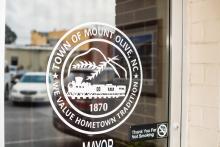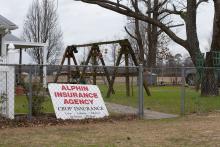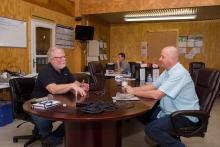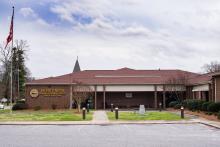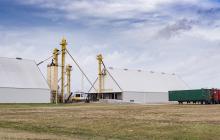
Fast, affordable Internet access for all.
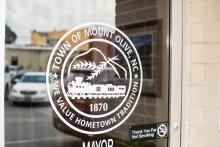
We talked to residents of Mount Olive, North Carolina, about their struggle to get better Internet access and the importance of connectivity for their community. Listen to our conversations above, or read a summary below.
North Carolinians are fed up with slow, expensive, and unreliable Internet access. Communities across the state are seeking solutions, but are running into barriers, especially in rural areas.
The town of Mount Olive, home to about forty-six hundred people, is one such example. Only recently, after working with local Internet service provider Open Broadband, are they getting decent Internet access for residents and local businesses.
Charles Brown, Town Manager of Mount Olive, told us about the challenges the community faced before Open Broadband came to town. Getting high quality Internet access to a regional airport located just outside of town was a priority for local leaders — it generates around $21.1 million in local economic impact — but after going to every big Internet provider in the area and reaching out to their congressional representatives, they couldn’t make it happen.
It wasn’t until Brown and other town officials reached out to local Internet provider Open Broadband that they found a path forward.
OpenBroadband was able to install towers on the town’s water tanks and connect the airport. They also worked with the town to set up free public broadband access in downtown Mount Olive — something that’s especially popular during the North Carolina Pickle Festival, which draws more than 30,000 people to the area each year.
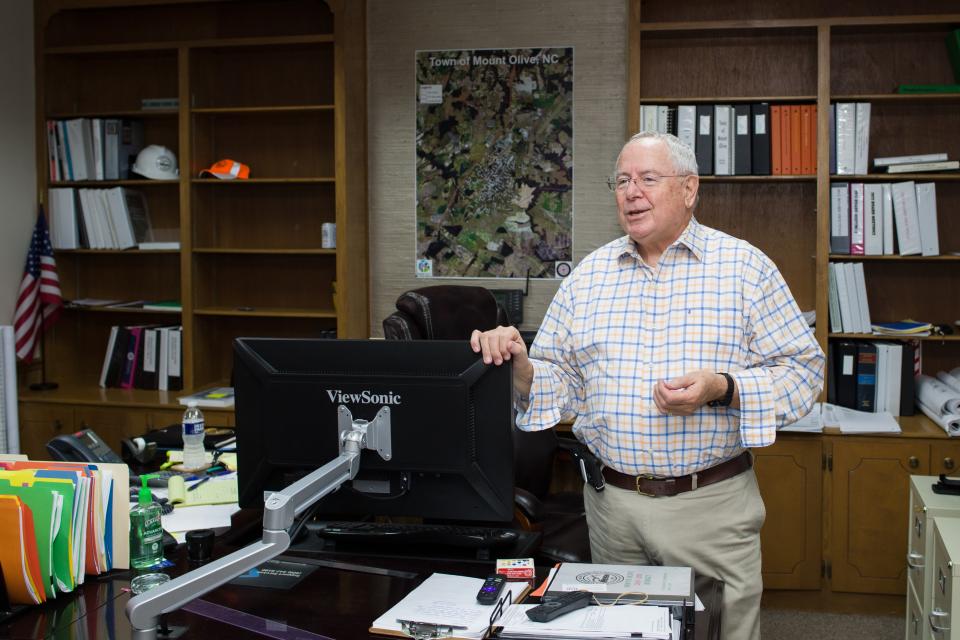
Brown said:
Well, I think everybody is delighted with Main Street. We have the North Carolina Pickle Festival we hold the last weekend in April every year. So now we have the capability of having an app to show people where the pickle eating contest is or the pickle packing contest, or whatever events that are going on. They can pull up on their phone now on Main Street and know where those things are going on.
It’s not just the airport and the Pickle Festival that have benefited. Just outside Mount Olive is a local company focused on crop insurance. Owner Van Alphin Jr. described the frustration of running a business without high quality Internet access as living in the dark ages. AT&T was charging them hundreds of dollars a month for service far slower than what the Federal Communications Commission considers broadband to be. They were considering moving their office closer to town for better access, but they feared business harm from not being located right amid their clients.
When Alphin reached out to Open Broadband, he found out that he could set up a tower and connect not only his business but his neighbors and the local fire department as well. High quality Internet access has been a huge boost to their business, allowing them to conduct business online, use new phone systems, and get a better back up system in place. Maybe most importantly, it’s allowed them to remain located in a rural area near their customers.
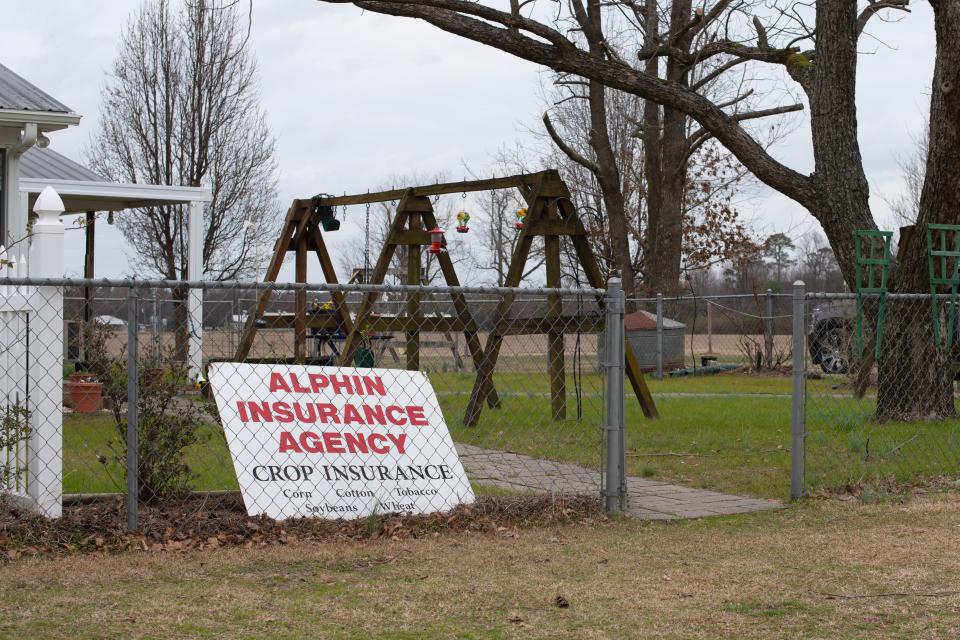
“It is as important to us as electricity and water. So it's a need. It's a need,” said Alphin.
Unfortunately, many homes in the region are still waiting to get connected, including Alphin’s. When his family moved out of town a few years ago, they assumed that they’d have high speed Internet access in their new home — that wasn’t the case.
Alphin explained:
We can't watch Netflix. We don't look at YouTube videos. My kids who are now, I got two in college and when they were home doing research papers, we had satellite Internet and we burned through our data in two weeks and you couldn't renew your data till the next month so they had to go to hotspots or to a restaurant to get into high speed to do the research papers and things like that.
He emphasized the need to get politics out of the conversation around broadband and not let big, out of state corporations decide who gets access. Communities like Mount Olive need more options to make sure everyone has the many benefits modern Internet access offers.
Alphin continued:
The small governments work for the taxpayers, which are the constituents that elect them. AT&T doesn't have to answer to anybody but their stockholders. … If they're going to block the small governments from serving us, what do we, where do we turn to?”
Open Broadband was founded specifically to find ways to expand high-quality access to people in this situation. But CEO Alan Fitzpatrick is honest about the need for more tools to help local companies like his.
Fitzpatrick described one of the barriers:
So we have a law in the state that forbids municipalities from starting their own Internet service to customers. There are few cities that have been grandfathered because they were already doing this before the law went into effect. …. We'd like to see the state take more positive action on, you know, allowing the use of state assets, county assets, town assets to improve broadband for everyone.
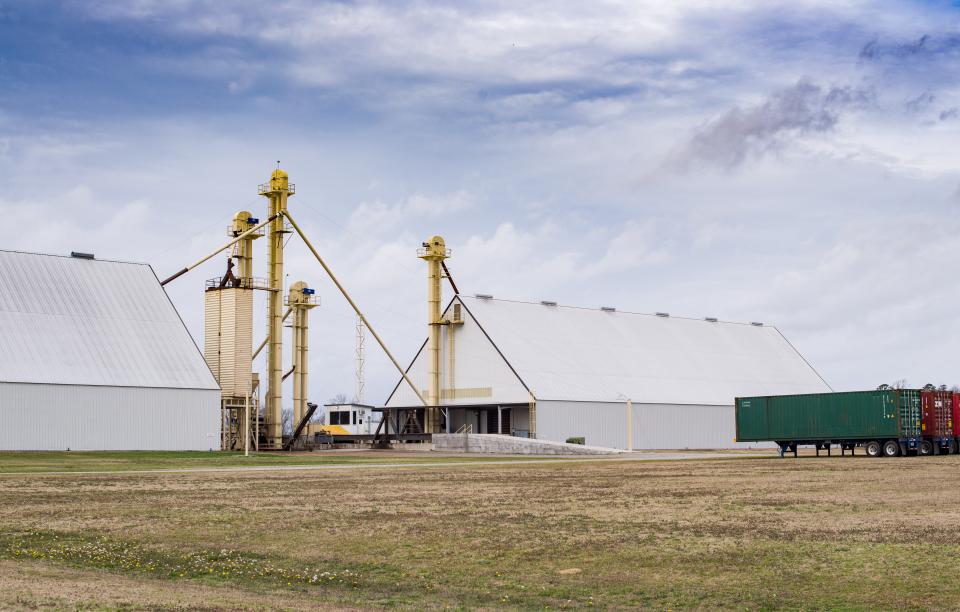
Most states do not limit communities' authority to build their own networks. In North Carolina, however, the state legislature decided cities cannot build their own networks and it has limited how they can craft partnerships for better broadband. Most of the people we have talked to have said that only a few communities would actually want to build their own networks. Instead, they want to partner with a trusted local company that will handle the technology.
Communities often already have fiber optic lines in place as part of public safety or utility infrastructure — enough that they could lease the extra capacity to significantly lower the cost for a partner to build a network in the region.
Greg Coltrain works for RiverStreet Networks, a cooperative that provides Internet access to rural communities in North Carolina. He agrees that removing barriers to partnerships between communities and Internet service providers would be a big step in the right direction.
Coltrain said:
In our conversations with most of the municipalities and counties in North Carolina, we have found they just want to be a facilitator in trying to help make it happen. So there's room for some change in the law. There's room for us to reexamine what's available. And if there are assets that can be utilized for a company to come in and lease those assets so that they can reach further out into the community, it really kind of helps cut down on the substantial cost. I mean, it's a heavy lift to come into these communities and replow and reconstruct fiber throughout very small rural areas, and so if you can use the assets that are already in place to connect to, to get closer to those customers, it really cuts the cost down substantially.
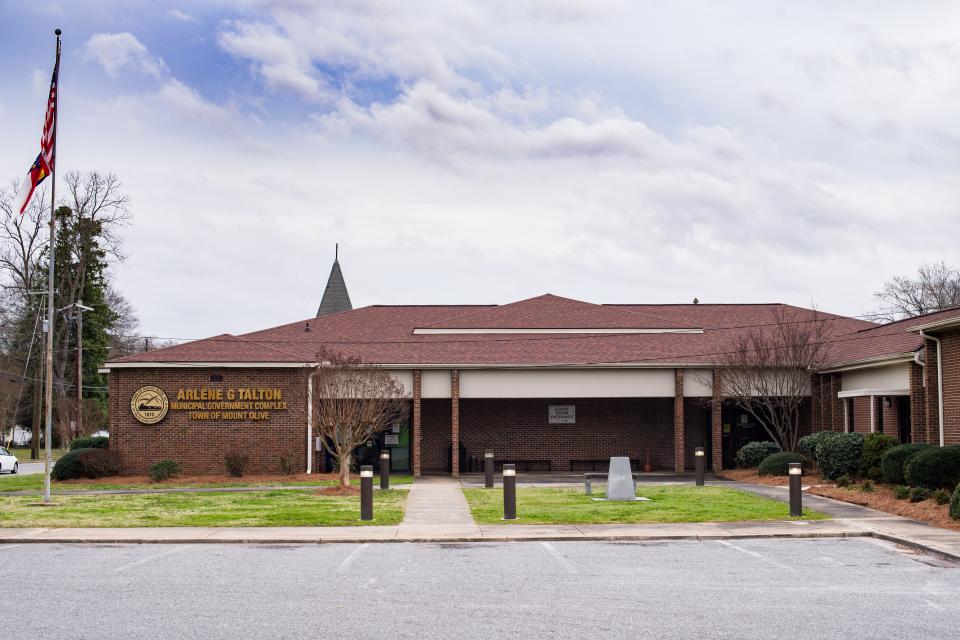
A lot of folks are trying to remove those barriers, including Erin Wynia of the North Carolina League of Municipalities.
“It is critical for our education system, health care system, economic system," explained Wynia, "and in the subsets of that you can think about agriculture in rural areas or banking system.”
Nearly all elected officials would agree with Wynia’s point, but political hurdles remain. Wynia walked us through some recent actions state leaders have taken to expand broadband access, and touched on some of the biggest barriers that remain.
Wynia said:
Our state legislature also has taken steps to fix some legal hurdles that our electric cooperatives had in order for them to provide broadband services over air infrastructure.
The third piece, the big policy piece, that our state legislature just can’t seem to get moving right now is to allow local governments both cities and counties to be able to even accept grant money and spend it for broadband infrastructure but certainly, our state law right now prohibits local governments from participating whether it’s building infrastructure or operating the service.
In some areas of the state, the big incumbent telecom simply cannot provide the service, they cannot make money, they can’t return a profit to shareholders so there is nothing inherently bad about that, it’s just that there does need to be other options enabled. … there has been hurdles to that in our state legislature in Raleigh and I think it can largely be traced back to the influence of big incumbent telecom companies.
The takeaway from all this? Broadband is a solvable problem and getting it right makes a difference. Mount Olive’s Town Manager is already seeing results:
Brown shared:
I tend to start to see people coming back to this area, and I'm not going to say it's because of the access to broadband, but I think that's certainly part of it, but to have access to technology. If they were way out in the wilderness and they couldn't talk to anybody on the internet or whatever, I don't think they'd be quite as open to returning here.
Connecting everyone in North Carolina with fast, affordable, and reliable Internet access is a real challenge, but it is up to the legislature to decide whether the state is truly encouraging all options or continuing to prevent communities from investing locally.
For more resources on broadband in North Carolina, please visit our website: nc.localbroadband.org.
Have questions or ideas? Get in touch with our team at broadband@communitynets.org.
